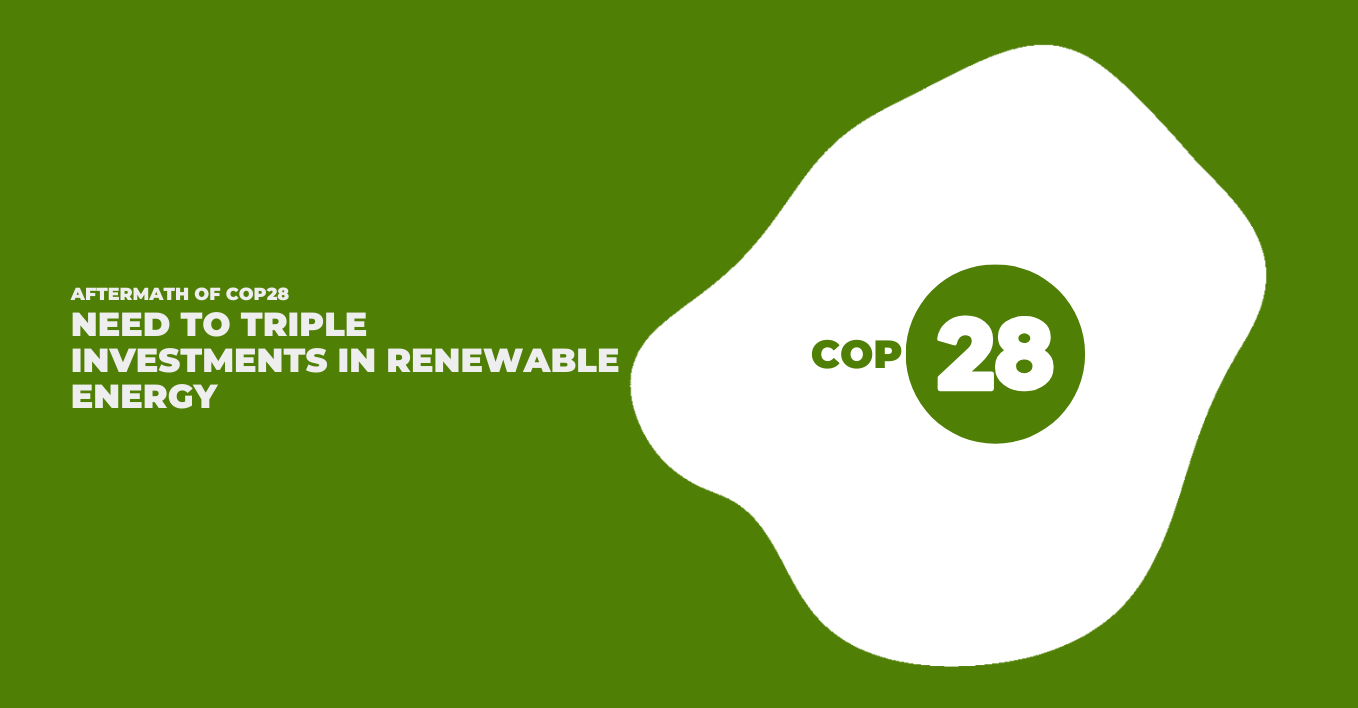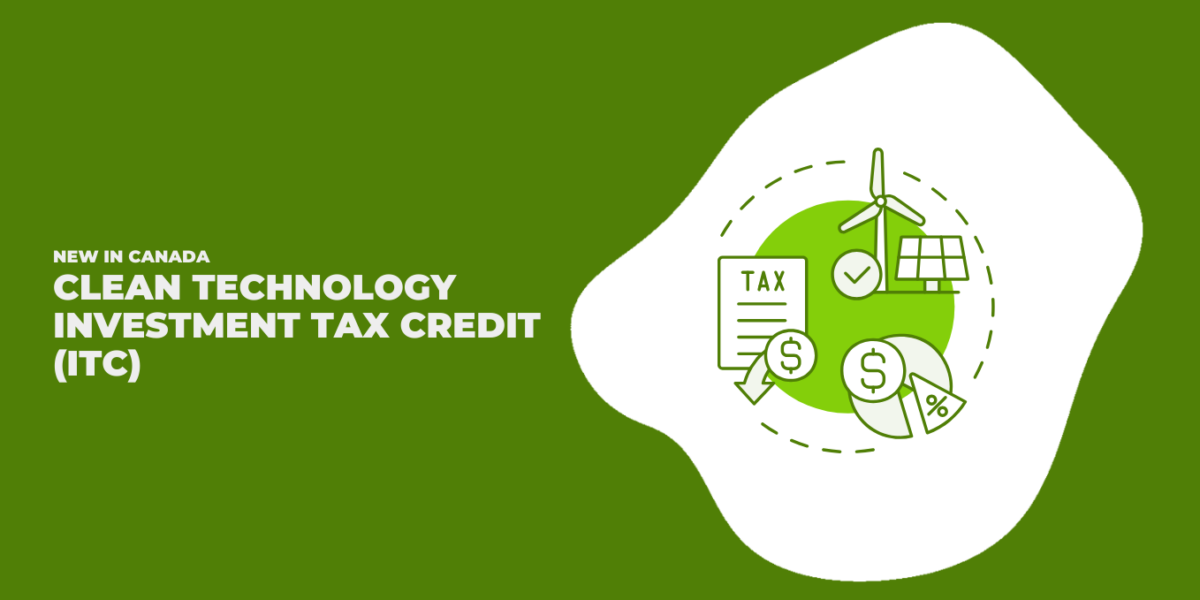Excerpt:
COP28’s historic decisions emphasized accelerating the transition to a net-zero economy, notably advocating for a significant increase in renewable energy investments and a move away from fossil fuels. Governments globally are supporting this shift with comprehensive policies, funding, and incentives, aligning their strategies against climate change. Asset managers are positioned at the forefront of this renewable revolution, needing to scale up operations and embrace technological advancements for efficient management of renewable energy projects.
Deep Dive:
If you haven’t been following the updates from COP28, let me start with a brief analysis of the decisions made at the World Climate Action Summit and their implications.
What You May Have Missed from COP28
Historic announcements at COP28 highlighted the urgency of transforming voluntary climate action into clear, fair, and aligned regulations aimed at achieving a net-zero economy. The final text, released on December 13th, stopped short of explicitly calling for the “phase-out” of coal, oil, and gas. This was contrary to the expectations of many nations.
However, it did stress the need to triple new investments in renewable energy and advocated for transitioning away from fossil fuels in power systems. Notably, this marked the first time COP’s final decisions specifically addressed fossil fuels, significant contributors to the climate crisis through combustion.
Governments are intensifying their efforts to enhance climate policy, with increased regulatory activities in areas such as disclosure, transition plans, procurement, and claims. The establishment of a UN Policy Taskforce at COP28 underscores the importance of coherent policies and regulatory certainty in ensuring the credibility and accountability of net-zero commitments.
One of the most promising aspects of this turning point is the unwavering global government support. From ambitious carbon reduction goals to comprehensive renewable energy policies, nations are aligning their strategies to combat climate change. This emphasis on sustainability is translating into concrete actions, including earmarking funds for renewable projects, creating regulatory frameworks favoring clean energy, and providing incentives for investments.
Key COP28 Takeaway for Asset Managers
The global landscape is at a significant turning point, shifting towards a sustainable and renewable energy future. Governments worldwide are supporting renewable energy projects with policies, funding, and incentives, accelerating the transition. As we stand on the cusp of this renewable revolution, asset managers find themselves at the forefront, with the duty to scale up and meet increasing demand.
The Rise of Renewable Energy Projects
Renewable energy projects are receiving unprecedented support. Asset managers need to be prepared to capitalize on this trend. Solar, wind, hydro, and other sustainable sources are becoming not just environmentally friendly choices but also economically viable ones. Governments are creating an environment where investing in renewables is beneficial for both the planet and the bottom line.
Scaling Up: The Role of Asset Managers
As the renewable energy sector grows, asset managers must be ready to expand their operations. The increasing demand for clean energy projects requires efficient and strategic asset management to ensure optimal performance, profitability, and sustainability. Asset managers play a crucial role in identifying viable projects, securing funding, and ensuring smooth operations throughout the project lifecycle.
Many asset managers are turning to software solutions like PowerHub to enhance workflow efficiency and boost the performance of their renewable energy assets. Incorporating advanced monitoring systems and predictive analytics can further optimize asset management strategies, setting asset managers up for success in 2024 and beyond.
Final Thoughts
The global shift towards renewable energy presents an unparalleled opportunity for asset managers.
Governments worldwide are aligning their efforts to support clean energy projects, creating an environment conducive to sustainable investments. As asset managers prepare for this transformative journey, strategic planning, technological integration, and a proactive approach to risk and compliance will be key. The time to scale up is now, and those who seize the moment will not only contribute to a greener planet but also benefit from the burgeoning renewable energy market.




